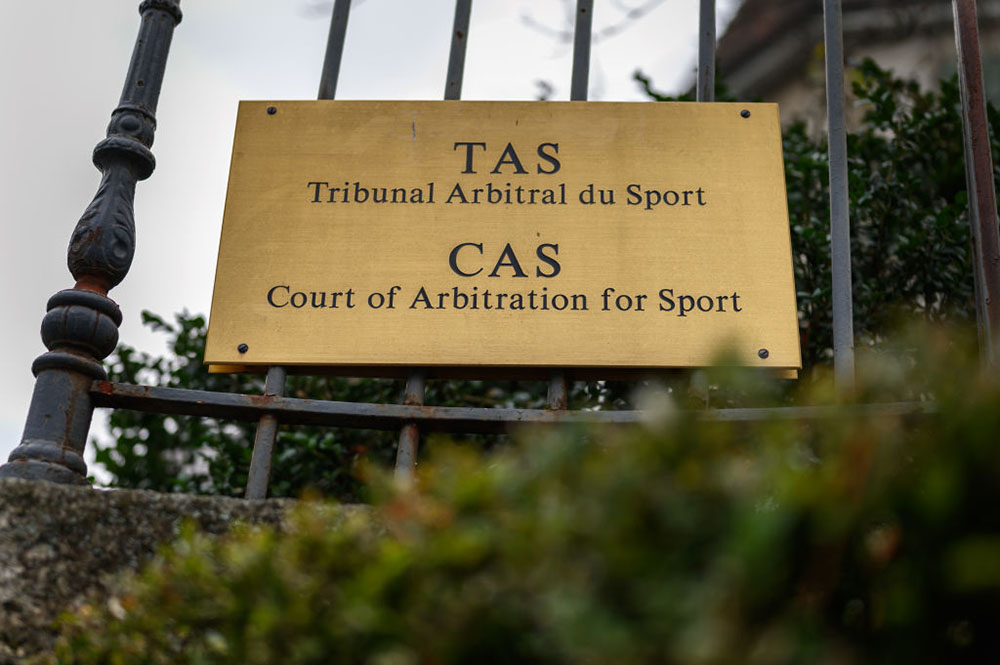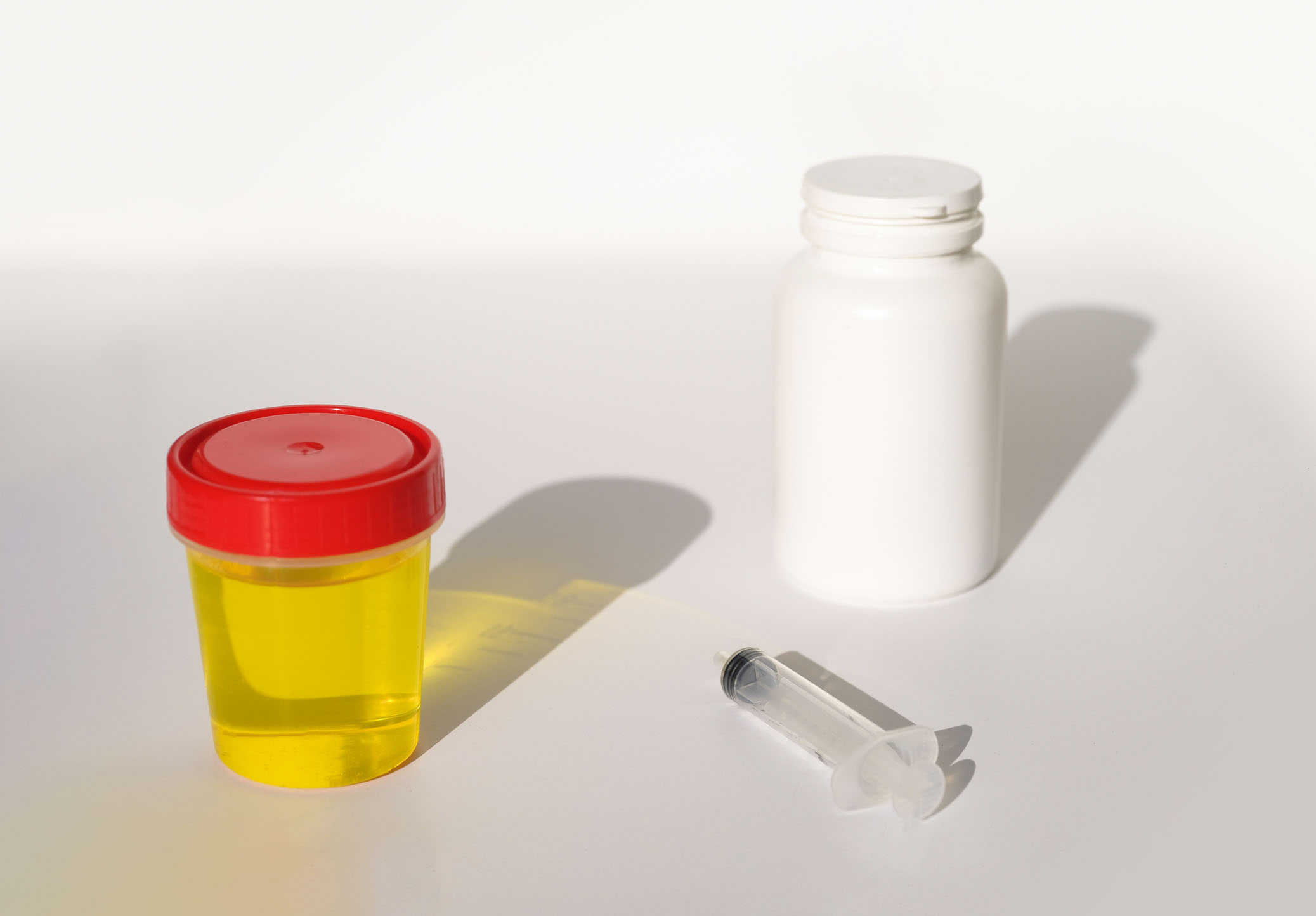Australian swimmer Shayna Jack has fully served a two-year period of ineligibility for a doping offence and should now be free to train and compete with other swimmers, say two QUT law researchers.
- Two QUT law researchers argue Ms Jack should be free to compete having served the two-year ban
- Ms Jack awaits decision on appeal by the World Anti-Doping Agency and Sports Integrity Australia to extend the ban to four years.
- This case could resolve the appropriate sanction for athletes who returns a positive doping sample but are unable to explain how the drug entered their system
Ms Jack now awaits a much-anticipated decision by the Court of Arbitration for Sport (CAS) as to whether her ban will be increased to four years.
The two-year ban was given to Ms Jack by the CAS on the basis that ingestion of the banned substance Ligandrol was 'unintentional'. It is the severity of this sanction that has been appealed by the World Anti-Doping Agency (WADA) and Sports Integrity Australia.
QUT law researchers Associate Professor James Duffy and John O'Brien argued in the Australasian Dispute Resolution Journal (in press) that the ban on Ms Jack, who has always maintained that she does not know how the substance Ligandrol entered her body, should remain at two years.

Mr O'Brien said Ms Jack had fully served her two-year ban, which expired on 12 July 2021, but still faced the prospect of a further two years' ineligibility if the appeal goes against her.
"In our view, the original CAS decision both correctly interpreted what an athlete needs to prove when they argue 'unintentional' ingestion of a substance, and correctly found that the facts of Ms Jack's case were capable of meeting that test," Mr O'Brien said.
"Those facts, as found in the initial CAS hearing, included that:
- Ms Jack was considered to be an outstanding witness. She was consistent in her evidence that she simply did not know how the Ligandrol entered her system.
- She took considerable steps, at great personal expense, to attempt to establish how the Ligandrol entered her body.
- This was the first time Ms Jack had received a positive result for a prohibited substance in her system. She had been tested on 10 previous occasions since February 2018.
- The amount of Ligandrol found in Ms Jack's system was classified as 'low' and described as a pharmacologically irrelevant dose, meaning that it would not provide any performance enhancing effects for the athlete."
Professor Duffy said the ban was based on a June 2019 out-of-competition drug test that had returned a positive result for Ligandrol, which produces anabolic effects such as an increase in lean muscle mass.
"From a legal perspective, the arbitral award has highlighted previously encountered difficulties surrounding the appropriate sanction for an athlete who returns a positive doping sample but is unable to explain how the drug entered their system," Professor Duffy said.
"Ms Jack has been unwavering in her assertion she would never knowingly take a performance enhancing drug."
"However, athletes are considered to be strictly liable for what enters their bodies, and the difficulty for Ms Jack is that she has never been able to show how the Ligandrol entered her system and so was not able to completely overturn the ban.

"A ban can be reduced if the athlete can prove a lack of intent in ingesting the substance.
"At one point, this had been considered impossible to do if the athlete had no evidence of how the substance entered their system.
"Some more recent CAS cases have established that the World Anti-Doping Code does not actually require evidence of the source of the substance in order to apply a reduction for lack of intent, and Ms Jack's case followed that same outcome.
"The Court of Arbitration for Sport (CAS) originally ruled a four-year ban was not the appropriate sanction on the basis Ms Jack's violation was not intentionally committed. We argue this is the correct decision."
Professor Duffy said the WADA and Sports Integrity Australia had brought their appeal, based on the need for clarity in applying anti-doping principles to cases of inadvertent doping.
"It is unfortunate for Ms Jack that the facts of her case represent an excellent opportunity to test some of these legal principles in light of previous CAS decisions associated with unintentional doping and proving the source.
"If the appeal tribunal determines that proof of how the prohibited substance entered an athlete's body is a pre-requisite for a finding that the anti-doping rule violation was not intentional, then WADA's appeal will be successful, and Jack's initial four-year ineligibility period will be reinstated."
Mr O'Brien said scientific progress raised concerns that more adverse analytical findings could be returned from a range of inadvertent or accidental doping sources.
"For example, traces of substances banned only in-competition, but which had been taken out-of-competition where there is no possible performance enhancement; or contaminated products or food, and contact with articles in everyday life," Mr O'Brien said.
"The WADA has established a special working party to investigate the problem of substances that are only prohibited in-competition being detected in trace quantities, which likely indicates out-of-competition use.
"This may mean that more substances will become subject to result thresholds in the future, however it is unlikely that Ligandrol would be among those because it is banned at all times."
A decision from the CAS appeal tribunal is expected in the near future.
The Court of Arbitration for Sport and the Shayna Jack Doping Case is published in the Australasian Dispute Resolution Journal (in press).






